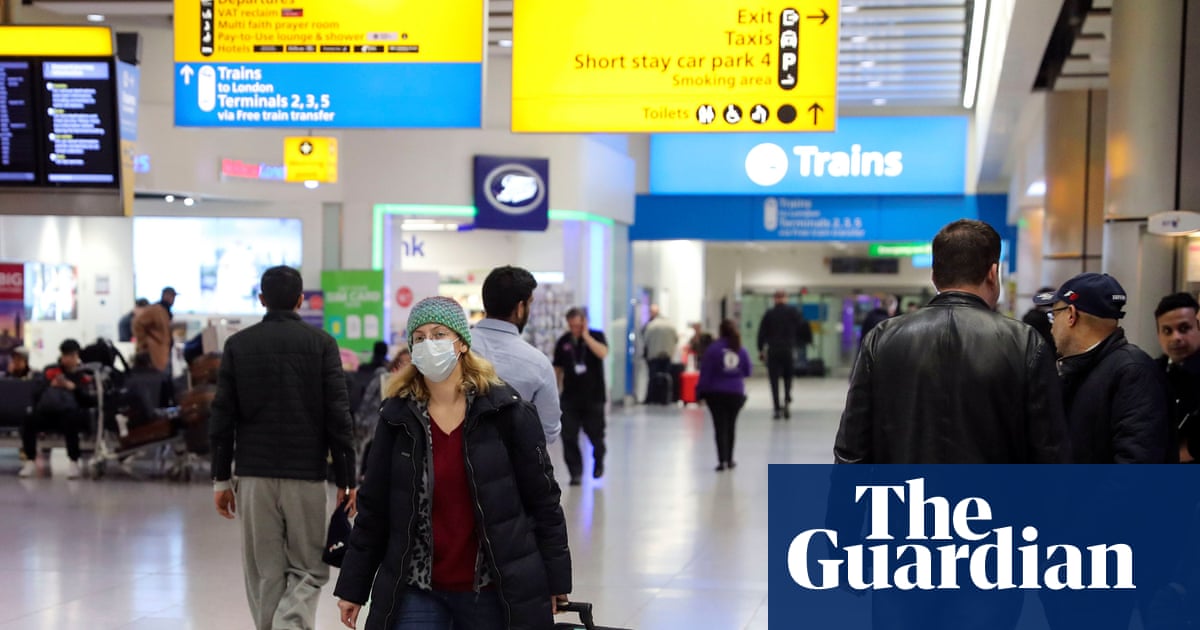
"Police were called to Heathrow late on Monday afternoon when 21 people fell ill in Terminal 4. Initial reports suggested a hazardous material could be involved and part of the airport was evacuated. But when the emergency services conducted a thorough search, no trace of any adverse substance was found. A source within the Metropolitan police subsequently suggested the event could be something quite different a case of mass hysteria."
"What happened at Heathrow is almost certainly an episode of mass psychogenic illness that is anxiety-based, said Dr Robert Bartholomew, a University of Auckland sociologist who is an expert on the subject. While mass hysteria might bring to mind medieval reports of dancing plagues and epidemics of possession, such events are not unknown in the modern world. The term, which has historical stigma and is often erroneously applied to situations from crowd crushes to moral panics, has gone out of use however."
"Such events are now known as mass psychogenic illness or mass sociogenic illness, which take two main forms those that are motor-based and others that are anxiety-based. Among examples of the former was a case in 2011 at LeRoy high school in New York, where affected students displayed vocal and motor tics such as twitches and spasms. While some feared an environmental toxin was at play, experts diagnosed the situation as a case of mass psychogenic illness, aggravated by participation in social or traditional media."
Twenty-one people fell ill in Heathrow Terminal 4, prompting police response and partial evacuation amid initial concerns about a hazardous material. Emergency services searched thoroughly and found no trace of any adverse substance. A Metropolitan police source suggested a case of mass hysteria. Dr Robert Bartholomew, a University of Auckland sociologist, identifies the episode as anxiety-based mass psychogenic illness. Mass psychogenic illness and mass sociogenic illness take two main forms: motor-based and anxiety-based. Motor-based outbreaks can produce vocal and motor tics, as in a 2011 LeRoy high school case. Anxiety-based outbreaks are often triggered by perceived toxic agents and cause headache, overbreathing, dizziness and fainting.
Read at www.theguardian.com
Unable to calculate read time
Collection
[
|
...
]